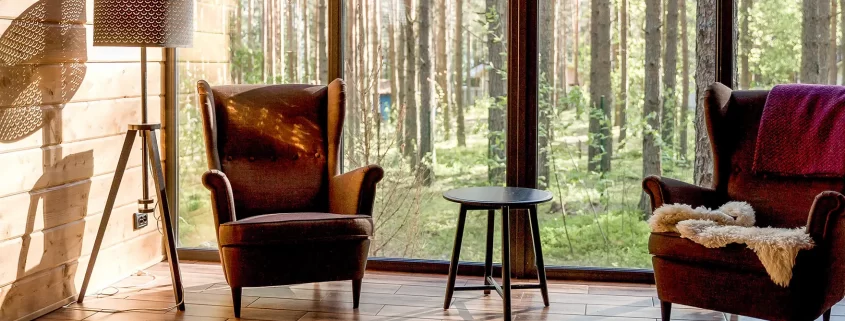Short-term Rentals & Long-term Headaches
Having a side hustle is becoming more and more popular by the day, and many people sure could use some extra income. This is why companies like Airbnb and VRBO have become so profitable. If you can take a current asset like your house and use it to generate extra income with little or no additional investment, why not give it try? Of course, not everyone in this rental arena is leasing a single room at a time. Some have taken this on as a larger investment opportunity, purchasing properties for the sole purpose of using them as short-term rentals. Regardless of the avenue chosen, whether the property owner is a person or a type of entity, starting a short-term rental business might not be so easy depending on zoning laws.
Before deciding to enter the short-term rental market, the first step is determining whether the municipality has an ordinance specifically addressing short-term rentals. These are not uncommon in larger cities and areas known for tourism. Even a town like State College passed its first such ordinance last year and already is considering changes to those rules based on how the industry operates practically. This kind of ordinance typically addresses:
- limits on length of stay
- limits on the number of nights a property can be rented in a given year
- limits on the number of rooms which can be rented, occupancy limits
- parking requirements

A municipality also might have different rules depending on whether an entire property is rented or just a portion of an owner’s already-occupied home, as well as a requirement to register as a landlord or obtain a rental operating license.
Where such ordinances exist, there are not too many questions to ask. The problem is when there is a lack of this kind of clear guidance, which is the case in most municipalities. In those instances, interpreting the local code and determining how it applies to your specific situation can be difficult. A number of different factors can make or break your plan to use the property as a short-term rental based on zoning requirements and prohibitions. These can include:
- whether the property will be inhabited by the owner while also being partially rented
- the language of related ordinances regarding other kinds of rentals
- whether the property is owned by a person or an entity
- how the code defines terms like “family” or “single-family dwelling”
- whether the municipality wants to limit traffic in the zoning district
Since zoning ordinances specifically addressing short-term rentals are still generally lacking in Pennsylvania, and particularly in more rural areas, the issue has been brought to the courts on a number of occasions. Unfortunately, those cases have been decided in various ways, which only muddies the waters. Barring these specific ordinances, it is too easy and too common to enter the short-term rental market only to be slapped with a zoning code violation as a result. That is why due diligence is necessary before renting that room or that cabin for the weekend. While variances can be requested, a denial can mean that a rather large investment will not produce the intended return.
If you are considering entering the short-term rental space, your local attorneys at Cornerstone Law can help you navigate this emerging market. Give us a call to schedule a consultation today.
If you’d like to read more about rental properties, check out our post on Legal Things to Know Before Investing in Rental Properties.



